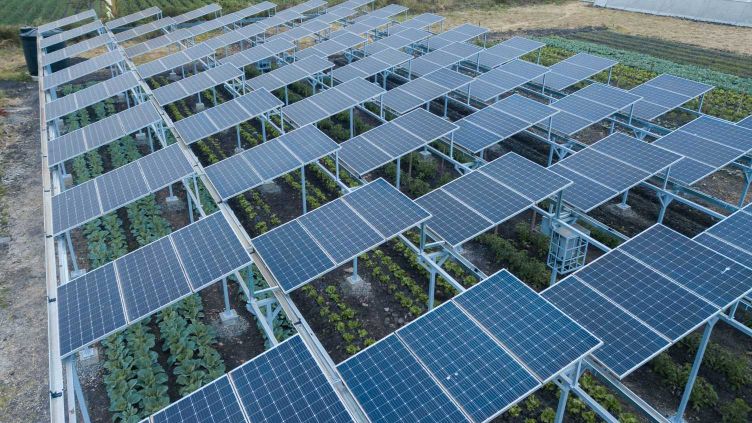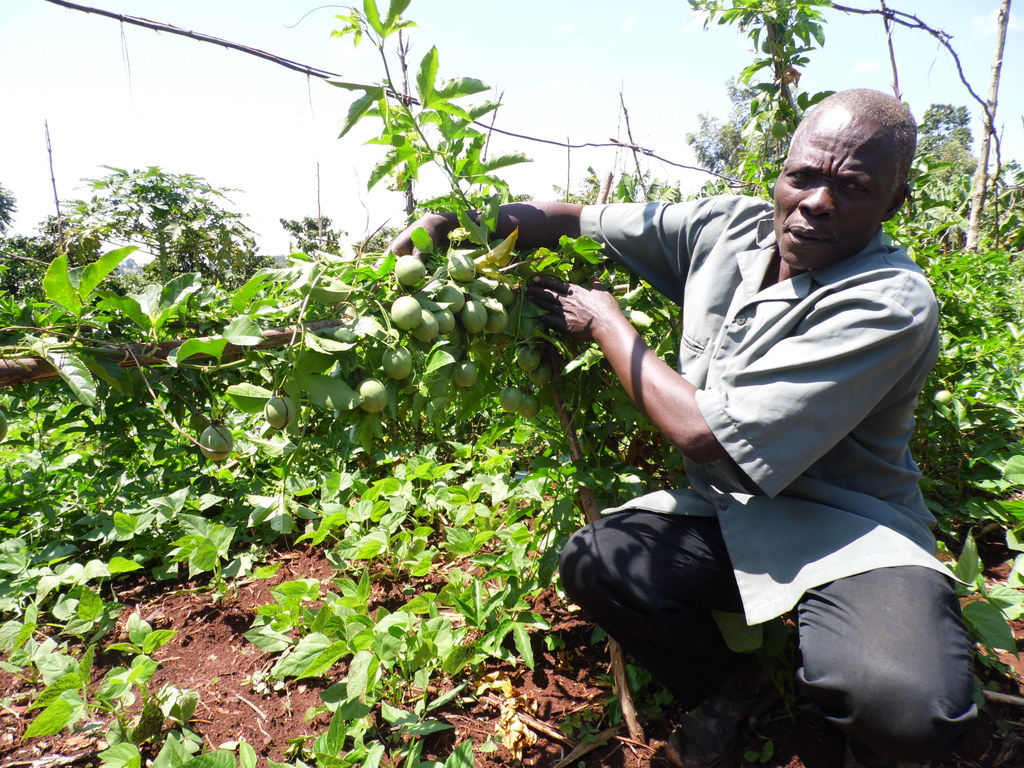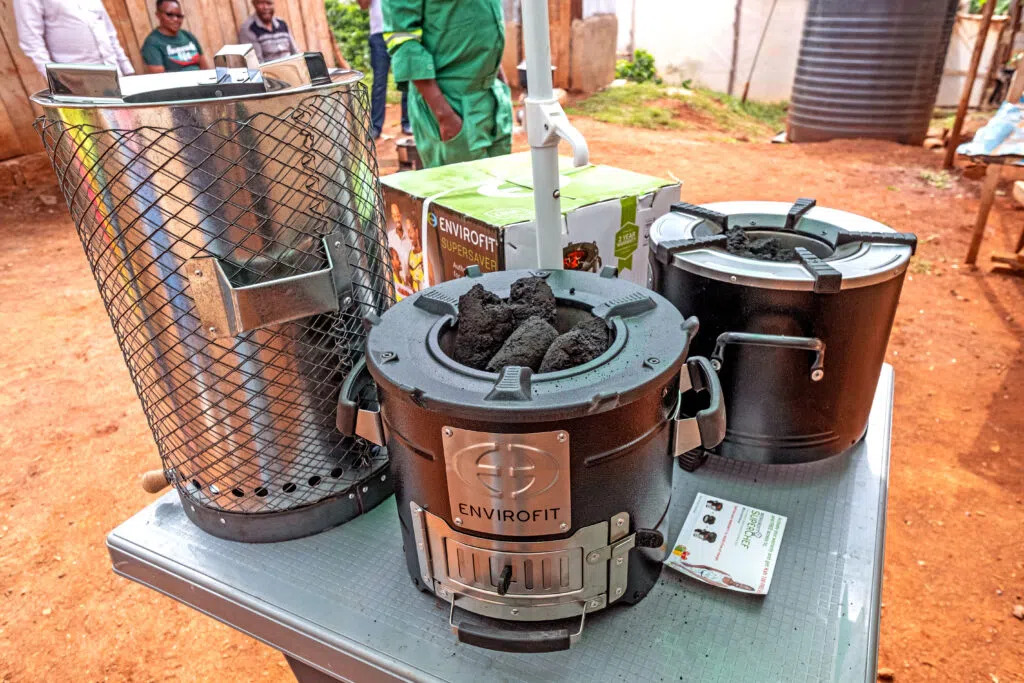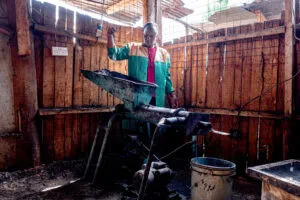
By George Munene
Latia Agribusiness Centre in Isinya has unveiled East Africa’s first Agrivoltaic farm-- a farming method that grows crops underneath solar panels.
The innovative agricultural practice facilitates farming under limited land, renewable energy generation and can significantly improve the productivity of crops because the shade provided by the panel arrays reduces heat stress and water loss. This could provide multiple solutions in East Africa, a region with high light intensity, high temperatures, and low rainfall.
The Agrivoltaics (AV) system has been co-developed by the University of Sheffield and local agriculture and energy experts to deliver solar electricity, crop production, and rainwater harvesting on the same land area in order to provide multiple energy and food security benefits.
Related News: Training farm delivers 1,000 agricultural interns a year and innovation hub
“The fantastic appeal of this initiative is that it delivers a triple-win for food, energy, and water security, all on the same area of land,” said an expert involved in the project’s implementation.
The agrivoltaic (AV) system has been in use to increase land-use efficiency as it uses the shaded space underneath solar panels to grow crops as well as providing shade and offering crops protection from the weather.
According to the World Economic Forum doubling up on land use in this way could help feed the world’s growing population while also providing sustainable energy.
This is critical in East Africa, as 55 per cent of the population still does not have reliable electricity. AV avoids use of traditional ground-mounted arrays of solar panels which reduce the amount of land needed for other activities such as growing crops.
Related News: Isinya farm cuts middlemen with 64 member WhatsApp group
Related News: Solar water pump triples farmer incomes
Typically, in the AV system, solar panels are installed three to four meters above ground to make space for farm operations.
They are also tilted at a 30° angle to efficiently capture sunlight to the south. Due to the space between solar panels, some crops can capture sunlight directly from the sun, while other crops can be placed in the solar panels’ shade. This shaded area moves as the sun moves over the course of the day.
Write comment (0 Comments)

















